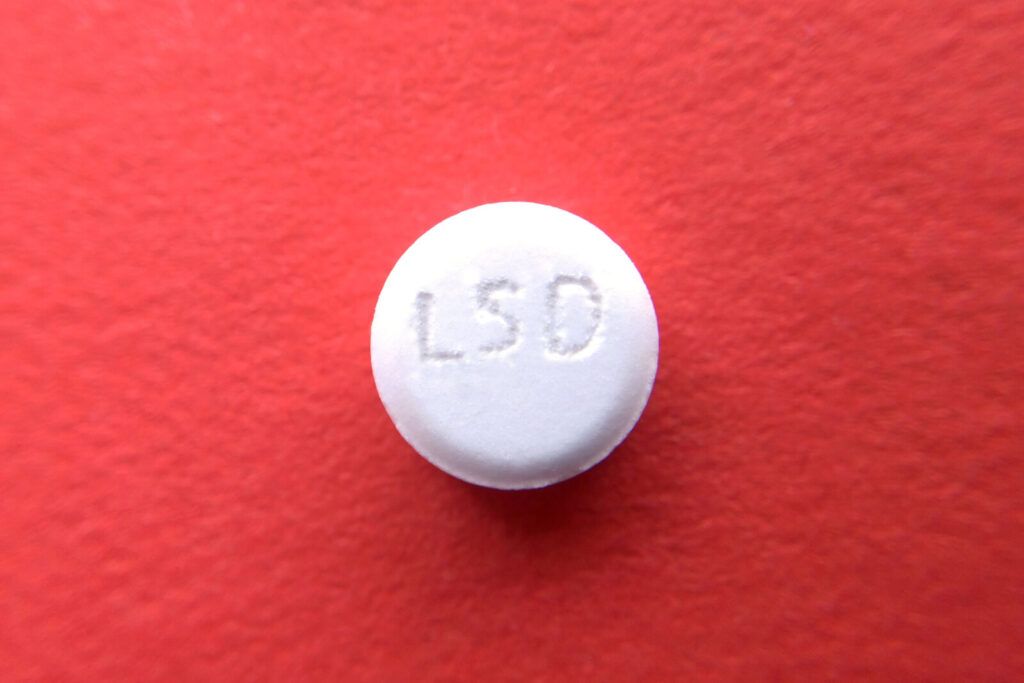Fda Registration For Otc Drug Manufacturers: Compliance Essentials

FDA Registration for OTC Drug Manufacturers: Compliance EssentialsClosebol
dIntroductionClosebol
dIf you re an OTC(Over-the-Counter) drug manufacturer, getting your products into the market isn t just about formulation and promotional material it s about ensuring everything meets OTC drug FDA compliance standards. The FDA has stern regulations premeditated to keep consumers safe, and weakness to follow them can mean major valid bother, product recalls, or even the shutdown of your byplay Buy Kratom Online.
The good news? The work is organized, and once you empathize it, compliance becomes much easier to voyage. This clause breaks down FDA monograph rule guidelines, the drug listing work, and everything else you need to keep your OTC products manipulable with FDA regulations without the legal headaches.
Why is FDA Compliance Important for OTC Drug Manufacturers?Closebol
dWhen consumers buy OTC drugs whether painkillers, allergy relief tablets, or skincare treatments they expect them to be safe, effective, and the right way labeled. The FDA exists to make sure that happens.
Unlike prescription medications, OTC drugs don t require a doctor s approval, so the FDA puts extra emphasis on ensuring manufacturers keep an eye on strict rules. These admit:
Ingredient approvals Does your formula meet FDA requirements? Label accuracy Are the dosage operating instructions clear and compliant? Quality control Is the manufacturing work on safe? Drug listing requirements Has the product been the right way documented?
Ignoring these regulations can result in product bans, valid fines, and permanent wave damage to your brand reputation.
Understanding the FDA Monograph Rule for OTC DrugsClosebol
dThe FDA monograph rule is a big deal for OTC drug manufacturers because it serves as a pre-approved recipe book for drug formulations. If your production meets an existing monograph, you don t need to go through the long and costly work of FDA favorable reception.
What is an OTC Drug Monograph?Closebol
dAn FDA monograph is a pre-set list of approved ingredients, dose limits, labeling requirements, and manufacturing guidelines for specific types of OTC drugs. If your production follows these guidelines, you re good to go you don t need a separate FDA approval.
For example, if you re qualification an acetaminophen-based painkiller, the monograph will outline: Approved active voice ingredients Maximum dosage Required warnings(such as colored damage risks) Packaging and labeling instructions
What if Your OTC Drug Doesn t Fit a Monograph?Closebol
dIf your drug contains new ingredients or doesn t comply with an present monograph, you must take a New Drug Application(NDA) or quest a monograph amendment, which can be a long and pricey process.
That s why most OTC drug manufacturers formulate their products to fit an present monograph it saves time, money, and regulative headaches.
The Drug Listing Process: How to Register Your OTC Product with the FDAClosebol
dOnce you confirm that your OTC drug meets a monograph, the next step is drug listing which substance formally registering your product in the FDA database. This helps the FDA track all de jure sold medications and ensures transparence in the commercialise.
Step-by-Step Drug Listing ProcessClosebol
d1 Register Your Manufacturing FacilityBefore listing your OTC drug, your readiness must be registered with the FDA. This applies whether you make up the product yourself or outsource production.
2 Gather Product DetailsThe FDA requires key information during drug listing, including:
- Drug formulation(active and unreactive ingredients)
Dosage forms and concentration
Packaging and labeling details
Manufacturer and distributer information
3 Submit Your Drug Listing to the FDA DatabaseAll listings are submitted electronically through the FDA s Electronic Drug Registration and Listing System(eDRLS). This ensures that all marketed OTC drugs are in public recorded.
4 Update Listings RegularlyIf you transfer your formula, dosage, or packaging, you must update your drug listing in the FDA to stay compliant.
Changes to the FDA Monograph Rule: What Manufacturers Need to KnowClosebol
dIn Recent epoch old age, the FDA introduced updates to the monograph system under the CARES Act, making compliance easier for OTC drug manufacturers. Here s what metamorphic:
Faster Monograph Updates Instead of requiring full FDA favorable reception, monographs can now be limited more expeditiously. Fee-Based Approvals Some OTC drug submissions now want user fees. Better Transparency The FDA provides clearer support on restrictive changes.
These updates mean that manufacturers have more flexibility in delivery new products to commercialise while still maintaining compliance.
Consequences of Ignoring FDA ComplianceClosebol
dNot following OTC drug FDA compliance rules can lead to major consequences, including:
Product Recalls The FDA can remove non-compliant OTC drugs from the commercialise. Legal Penalties Manufacturers may face lawsuits or heavy fines. Loss of Consumer Trust A submission usurpation can permanently damage stigmatize repute.
Following the FDA monograph rule and ensuring proper drug listing keeps your business safe, your products sound, and your customers fortified.
Final ThoughtsClosebol
dFor OTC drug manufacturers, sympathy OTC drug FDA compliance is non-negotiable. Whether you re qualification painkillers, allergic reaction medications, or skincare treatments, you must watch FDA rules to de jure market your products.
By adhering to the FDA monograph rule, completing drug listing requirements, and staying updated with regulations, you can avoid sound pitfalls while with success grading your stage business.
Compliance isn t just about ticking boxes it s about ensuring product timber, refuge, and long-term business success.
